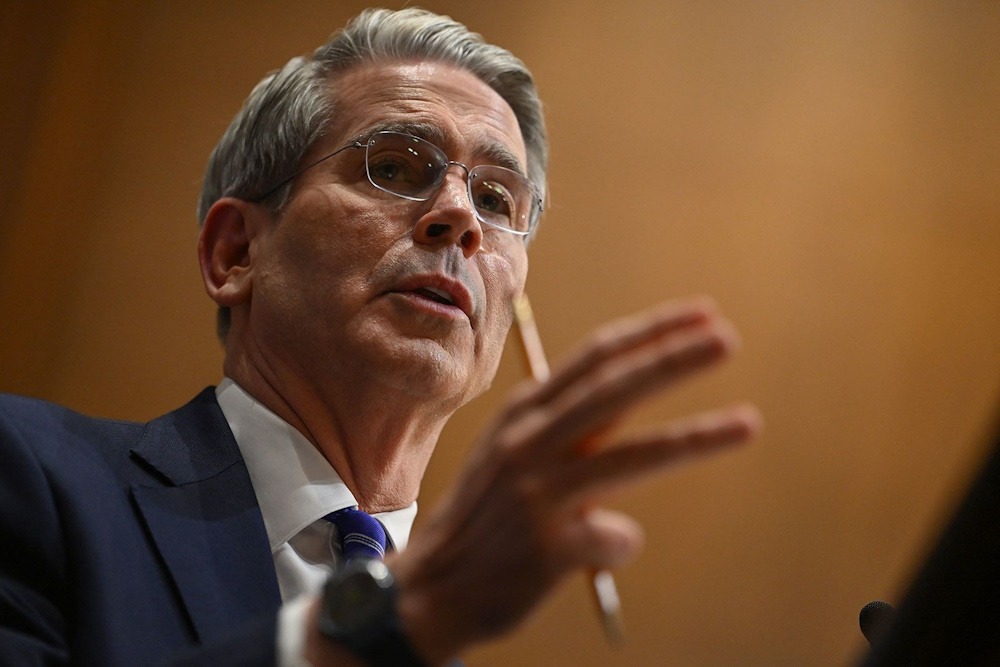US Treasury Secretary Scott Bessent indicated that the Trump administration might extend a targeted credit line to Argentina’s government should a global shock threaten President Javier Milei’s economic recovery, as reported by three sources familiar with his remarks. The US government is prepared to utilize the Exchange Stabilization Fund (ESF) to assist Argentina, provided that any adverse circumstances arise without Argentina’s fault, contingent upon Milei’s adherence to his economic policies, Bessent stated on Tuesday during a JPMorgan Chase & Co event in Washington, as reported by sources.
The prospective support line is expected to be facilitated via the Exchange Stabilization Fund, according to statements from the Treasury Secretary. The credit line would leverage the Exchange Stabilization Fund, established by the United States in the 1930s. The U.S. emergency reserve fund serves as a financial mechanism frequently deployed to assist foreign governments and central banks in stabilizing their currencies. A spokesperson for the US Treasury has yet to provide a response to the inquiry for comment.
During Tuesday’s trading session, Argentina’s bonds experienced an uptick following the remarks, positioning themselves as some of the top performers within the emerging markets landscape. Benchmark notes maturing in 2035 increased by as much as one cent, trading at approximately 66 cents on the dollar, based on pricing data gathered by Bloomberg.
Analysts highlighted Bessent’s remarks during the private event on Tuesday as a catalyst for the appreciation of Argentine assets. “Bonds experienced an uptick due to a growing anticipation that the US will support Milei in the event of a crisis,” remarked Carolina Gialdi, head of international sales at Max Capital in Buenos Aires, who was not present at the event in Washington. “Preventing a crisis would mitigate the political risks associated with the potential resurgence of Peronism, which is currently reflected in bond prices,” she noted, alluding to the populist movement that has historically influenced Argentine politics.
Established in the 1930s, the ESF has facilitated more than a hundred credit or loan transactions by the US Treasury to foreign governments and central banks, aimed at stabilizing currencies, as indicated on the Treasury website.
Bessent’s recent statements seem to extend further than his previous remarks during an interview with Bloomberg News in Buenos Aires last week, where he met with Milei and commended his reform agenda as a benchmark for other pro-market administrations in Latin America. “Ultimately, we also possess the Exchange Stabilization Fund.” Bessent indicated on April 14, during an uncommon visit by a US Treasury secretary to the crisis-prone nation, that there has been no commitment to participation, although it remains a possibility.
The recent involvement of the Trump administration was instrumental in Argentina obtaining a $20 billion program from the International Monetary Fund this month. On Tuesday, Argentine equities and dollar-denominated bonds experienced a notable rebound, with the S&P Merval index reflecting gains of up to 10% at the time of reporting.

